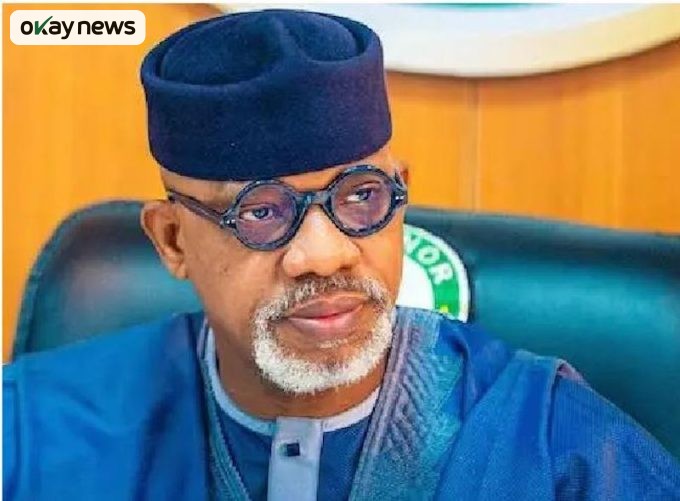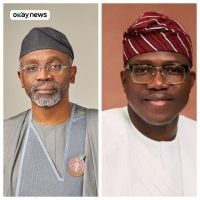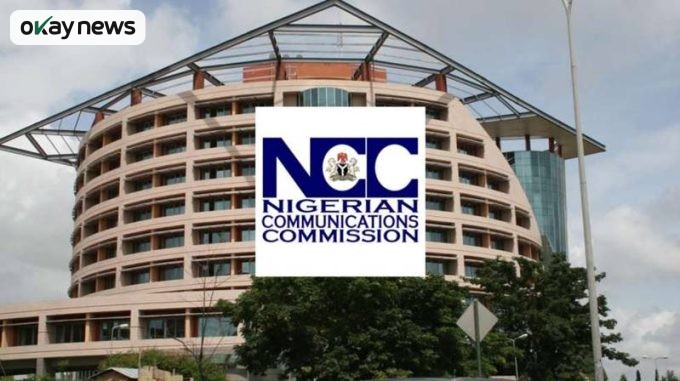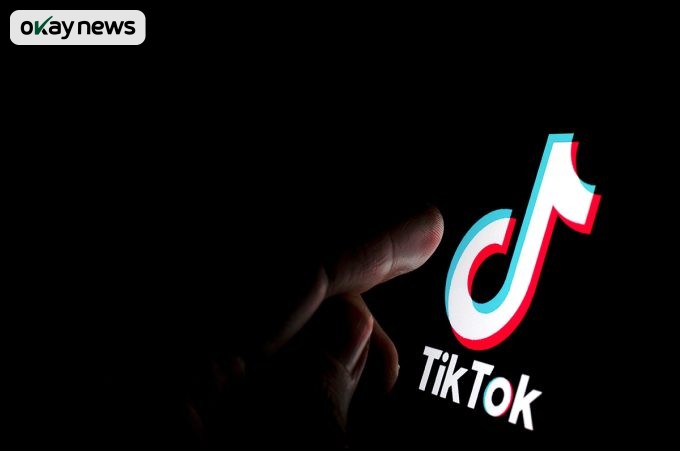The Federal Government of Nigeria has announced a major investment plan worth ₦12 billion (approximately $8 million USD) to support digital research projects across the country, as part of its broader agenda to advance digital transformation and innovation in governance.
The Minister of Communications, Innovation and Digital Economy, Dr. Bosun Tijani, disclosed this at the opening ceremony of the 18th edition of the International Conference on Theory and Practices of Electronic Governance (ICEGOV), held in Abuja, Nigeria’s capital, on Tuesday. The event, themed “Shaping the Future of Digital Governance Through Cooperation, Innovation and Inclusion,” was organised by the National Information Technology Development Agency (NITDA).
According to the minister, the new investment aims to position Nigeria as a leading digital research hub in Africa, fostering innovation, digital skills, and artificial intelligence (AI) development.
Okay News reports that Tijani emphasised the importance of research in ensuring that the nation fully benefits from the ongoing digital revolution while creating sustainable pathways for technological inclusion.
“The Nigerian government is not just doing this as a show because immediately after ICEGOV last year, we funded over 55 research projects.
At the minute, we are putting together about ₦12 billion to fund further research projects that are focused on the digital economy,” Tijani said.
He revealed that the ministry is establishing three research clusters involving six universities each. The clusters will focus on three critical areas — artificial intelligence, digital connectivity, and digital literacy.
“We are setting up three research clusters of six universities each — one focused on artificial intelligence, another on connectivity, and the third on digital skills and literacy,” the minister explained.
Tijani noted that digital technologies have become central to human existence and governance, warning that nations that fail to embrace them risk being left behind in global development. He stressed that the digital economy is not merely an economic tool but also a transformative instrument for societal progress and governance reform.
The Chair of the ICEGOV Steering Committee, Prof. Elsa Estevez, echoed similar sentiments, highlighting the growing need for international collaboration on digital governance, especially with the rise of artificial intelligence and its ethical challenges.
“In the past years, we were profoundly affected by digitally driven innovations. We often adapt them without much reflection, and such innovations dramatically change how we interact, work, and build our capacities,” she said.
Estevez called for stronger cross-border cooperation to ensure that technological innovations remain human-centred and inclusive. She also underscored the importance of protecting digital spaces from misinformation and political manipulation, urging governments to balance innovation with regulation and ethical responsibility.
“Safeguarding the public digital space hinges on effective regulation, education, and public awareness—anchored on strong information ethics,” she added.
In his remarks, Malam Kashifu Inuwa, Director-General of NITDA, revealed that the Nigerian government plans to integrate digital literacy into the national school curriculum by 2026. This, he said, would prepare the country’s young population for the realities of a digital-driven global economy.
“We have the approval, in collaboration with the Ministry of Education and directive of the President, that by next year, we should have digital literacy and skills integrated into our formal education,” Inuwa disclosed.
He added that public servants would also receive mandatory digital skills training to enhance efficiency and improve service delivery across all levels of government.
The minister further reaffirmed that Nigeria’s digital development policy will continue to focus on knowledge, innovation, and inclusion, ensuring that every citizen benefits from the opportunities created by technology.
In May 2025, Tijani announced that the National Digital Economy Bill—which seeks to establish a comprehensive legal framework for Nigeria’s growing digital sector—had returned to the National Assembly for further consideration. The bill covers critical areas such as data protection, cybersecurity, electronic transactions, and digital infrastructure development.
If passed, the legislation is expected to accelerate Nigeria’s integration into the global digital economy and enhance the nation’s competitiveness in technological innovation and governance.













